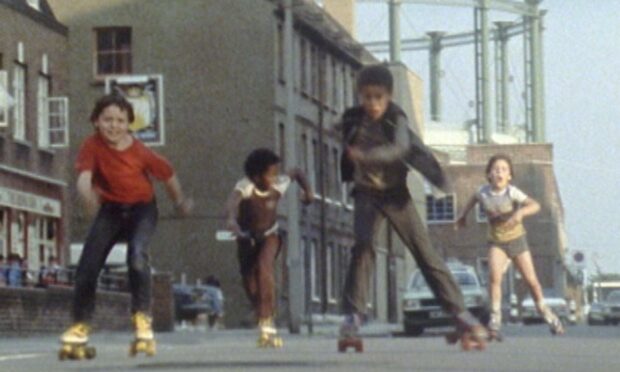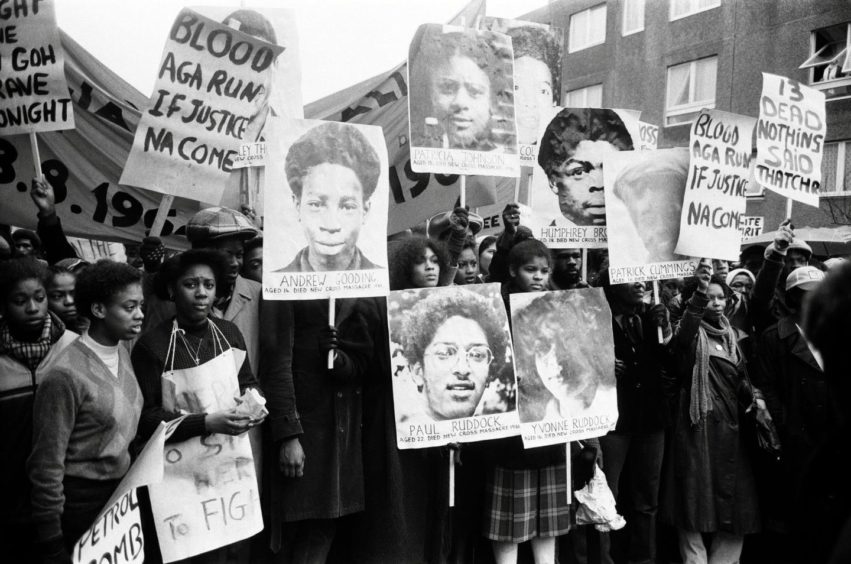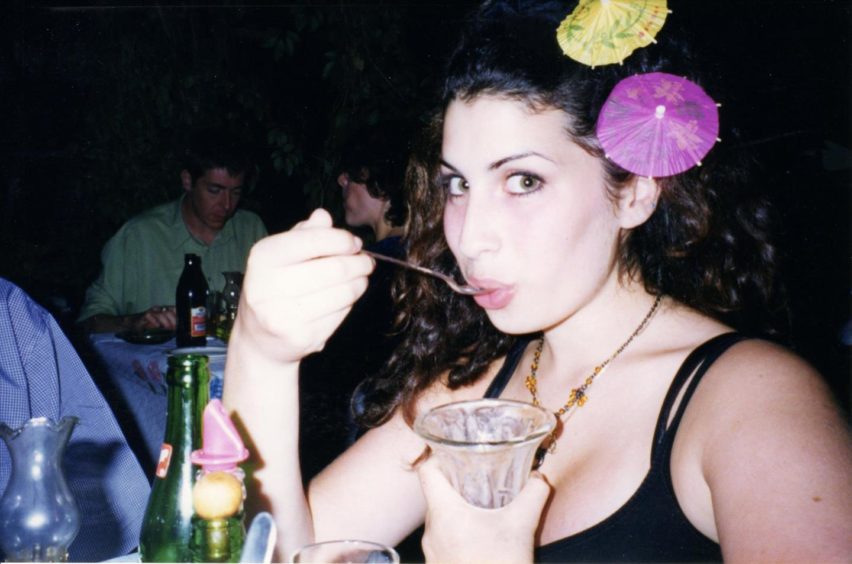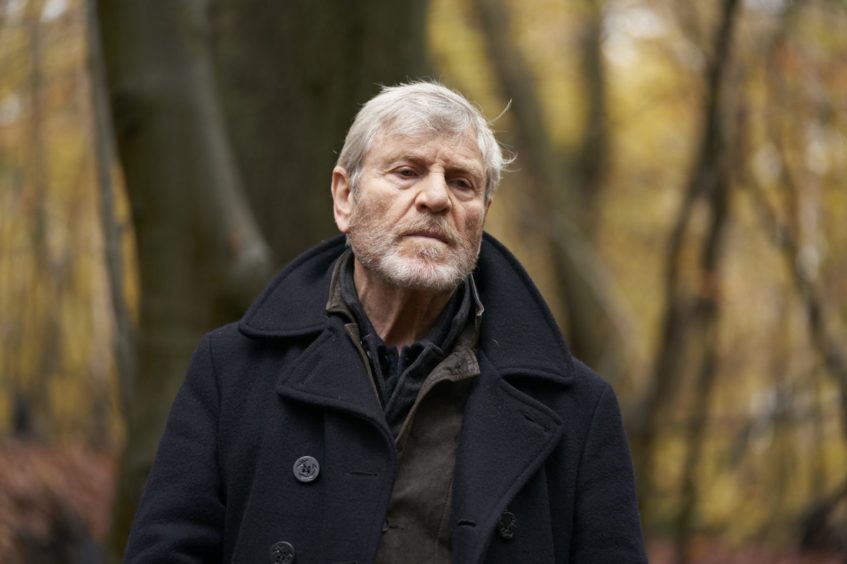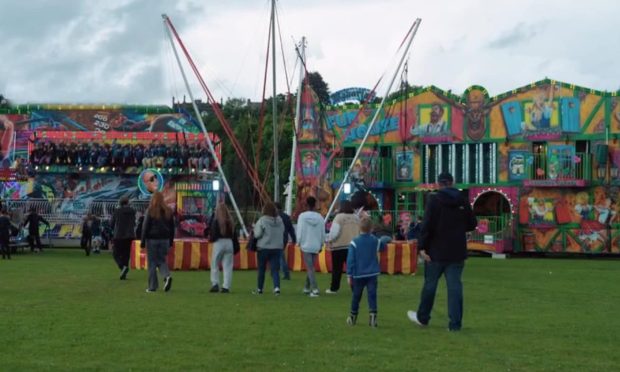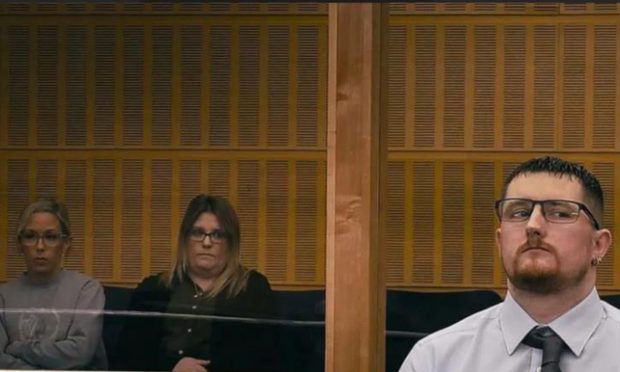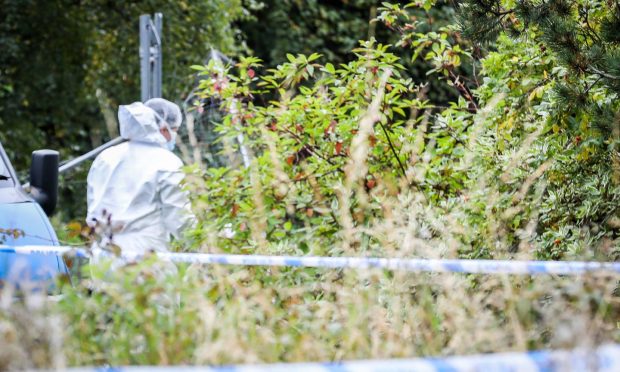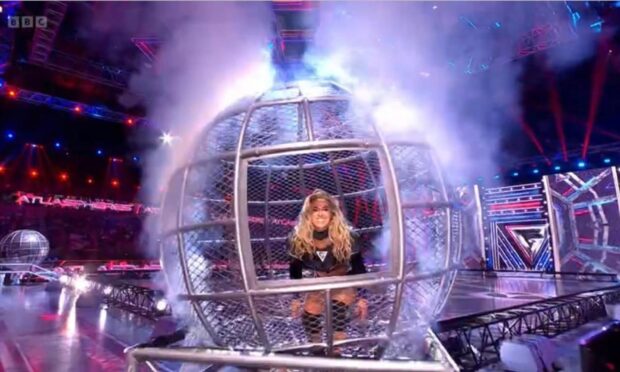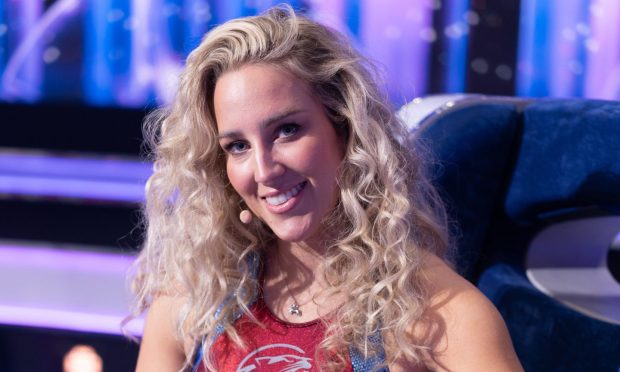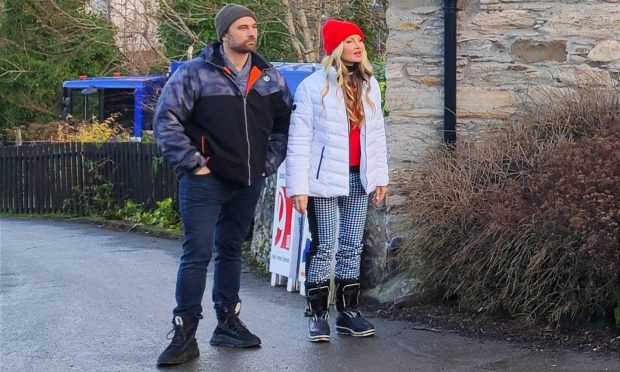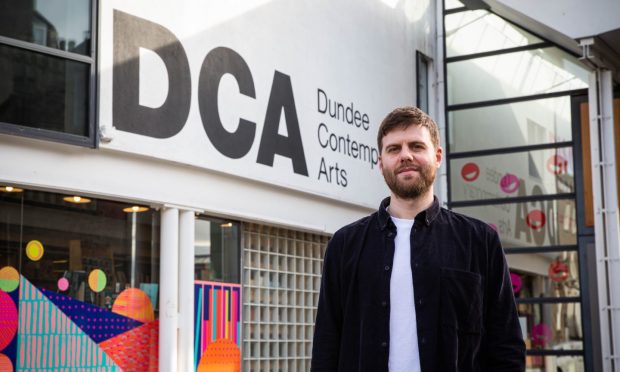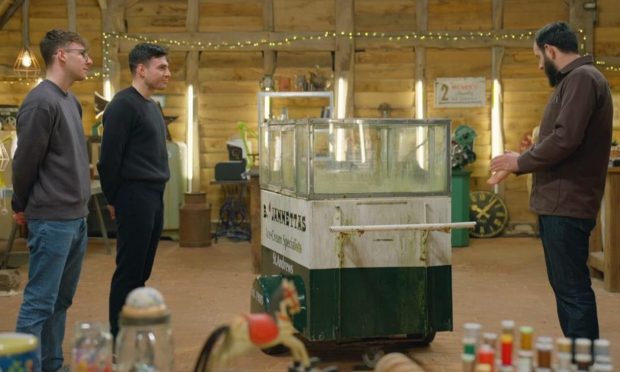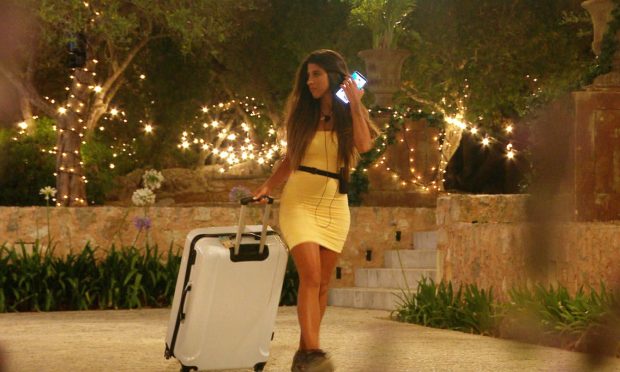The week after the country witnessed both the online racial abuse of three black English players who missed penalties in the Euro 2020 final, and the outpouring of support for them which followed, the Academy Award-winning British director Steve McQueen’s new prime-time BBC One documentary Uprising couldn’t have been more well-timed to help illustrate to the nation how we got here.
Co-directed with James Rogan and released in three parts on consecutive nights, Uprising saw McQueen (director of Twelve Years a Slave and Hunger) revisit the themes and stories of last year’s acclaimed Small Axe series.
Where those five television films offered dramatic vignettes of individual black British lives around the turn of the 1980s, Uprising encapsulates the time through the direct voices of those who were there.
Set in early 1981, it draws a direct line between the New Cross house fire of January that year, when 13 black teenagers died at a late-night house party, and the Brixton riots in April.
McQueen and Rogan don’t leave stones unturned, speaking to fire survivors, witnesses and community voices, and to investigating officers from the police and fire service, as well as black and white police officers who served at the time.
A compelling documentary
What emerged was a human, gripping and often shocking three hours, which was both mature enough to lay out how the truth about the fire will never be known (believed to be a racist arson attack by many, the available evidence compelled only open verdicts from the 1981 and 2004 enquiries), and across its subject enough to illustrate how the tragedy was a lightning rod for years of building unrest.
We hear tales from grown men about the racial insults and physical abuse they suffered as pre-teens from police officers while going about their business, and of the aggressive stop-and-search policy of Operation Swamp (named after a line in a Margaret Thatcher speech on immigration).
On the other side, officers recount the overt racism of some colleagues, but also the genuine fear for their lives which caused them to fight back during the riots.
The year’s essential television
The whole sequence of events has opened scars – literal and metaphorical – which still haven’t healed, yet in laying out the story for all to see, McQueen and Rogan have created both an important historical document and some of the year’s most essential television.
Alongside Uprising, there were two more big shows you won’t want to miss this week. The first of these, Reclaiming Amy (BBC Two) was a historical setting-to-rights of a more personal nature, as the late Amy Winehouse’s parents Janis and Mitch give their own honest and unvarnished accounts of their daughter’s life and death.
Partly a response to the 2015 film Amy, whose conclusions the family didn’t agree with, it was on its own terms still a tender, all-access perspective on a bright but deeply troubled life.
After all that, the return of Tchécky Karyo in the second series of Baptiste (BBC One) almost counts as light relief.
This time the missing persons expert is on the trail of British ambassador to Hungary Emma Chambers’ (Fiona Shaw) vanished husband and sons, and he appears to be doing it in the recent past as his imperiously aloof self and in the present as a frantically-haired wildman attempted to hammer his way into a mysterious apparent at night.
It’s all pleasingly gripping so far, especially as a show which has the guts to cast over-60s in both lead roles.
.
